Hair
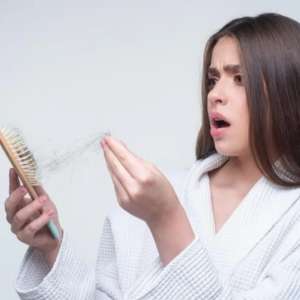
Hair fall
Hair loss is a common problem. It is normal to shed some hair every day, but excessive shedding can lead to baldness or thinning hair. It is important to identify the underlying cause of hair loss and take appropriate measures to prevent further hair loss. There are various ways to reduce hair loss. Eating a balanced diet rich in vitamins and minerals helps reduce hair loss. Excessive heat styling can damage your hair and cause hair fall. Avoid using hot styling tools like curling irons, straighteners and hair dryers.
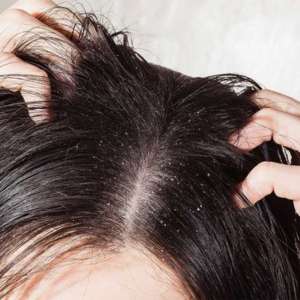
Sticky dandruff
Sticky dandruff is a common scalp condition that can be embarrassing and uncomfortable. To treat dandruff, it is important to keep the scalp clean and free of excess oil. Sticky dandruff can be aggravated by stress, poor diet and certain hair products. In addition to using the right hair care products, making certain lifestyle changes can also help reduce the severity of dandruff.
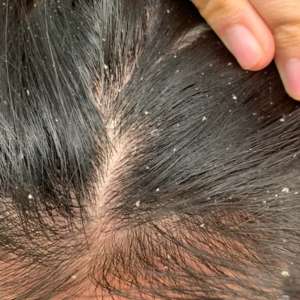
Dry dandruff
Dry dandruff is a common condition that affects many people. It occurs when the scalp becomes dry and flaky, causing white or gray flakes to form on the scalp and hair. One of the best ways to combat dry dandruff is to use a moisturizing shampoo and conditioner specifically designed to hydrate the scalp. It is also important to avoid using hot water when washing your hair. Try using warm or cold water.
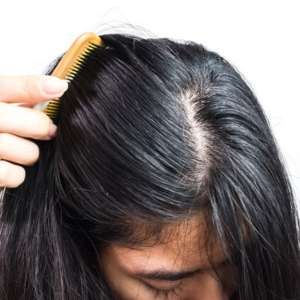
Oily scalp
Oily scalp is a common hair problem that many people face. To combat oily scalp, it is important to choose the right shampoo and conditioner that are specially designed for oily hair. In addition to using the right hair care products, there are other things you can do to help reduce the amount of oil on your scalp.
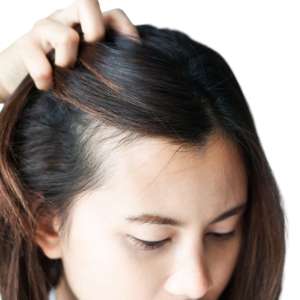
Dry scalp
A dry scalp is a common condition that can cause itching, flaking, and irritation. It occurs when the scalp does not produce enough natural oils to keep it moisturized. However, there are many ways to treat and prevent dry scalp, such as avoiding hot water and using a moisturizing conditioner. Additionally, incorporating more essential fatty acids into your diet may also help promote healthy hair and scalp.

Fungal infection
Fungal infections can be caused by a variety of factors, such as poor hygiene, a weakened immune system, or exposure to a damp environment. If you suspect that you have a fungal infection, it is important to consult a professional for proper diagnosis and treatment. By taking these simple precautions, you can help protect yourself from the discomfort and inconvenience of fungal infections.
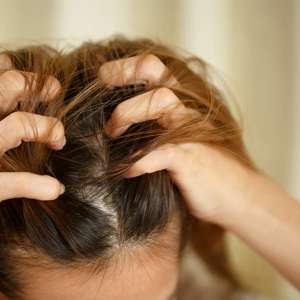
Itchy scalp
Itchy scalp can be quite uncomfortable and can be caused by various factors such as dandruff, dryness, fungal infections, and even allergies. Scratching the scalp can provide temporary relief but it can also lead to further irritation and hair fall. To treat an itchy scalp, it is important to identify the underlying cause and address it accordingly.
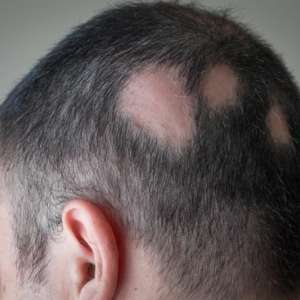
Alopecia
There are various types of alopecia, including alopecia areata, which causes patchy hair loss, and androgenetic alopecia, which is more commonly known as male or female pattern baldness. The causes of alopecia can vary and may include genetics, autoimmune disorders, stress, medications, or hormonal changes. Treatment options for alopecia may include medications, hair restoration procedures, or lifestyle changes to manage underlying health conditions.
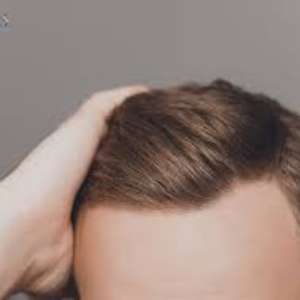
Hair regrowth
Hair regrowth is a topic that many people are interested in. Hair regrowth can be achieved through various methods, such as medication, hair transplants, and natural remedies. Natural remedies are also an option for hair regrowth. Some natural remedies that may help promote hair growth include scalp massage, essential oils, and a healthy diet rich in vitamins and minerals.

